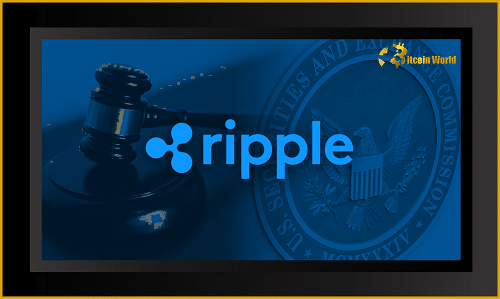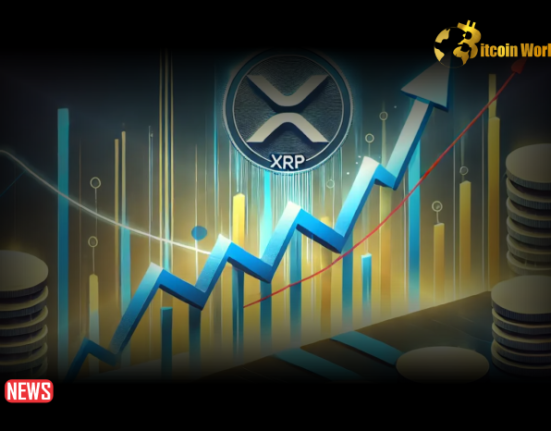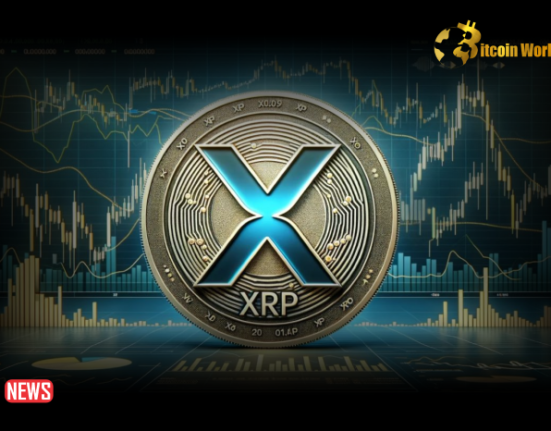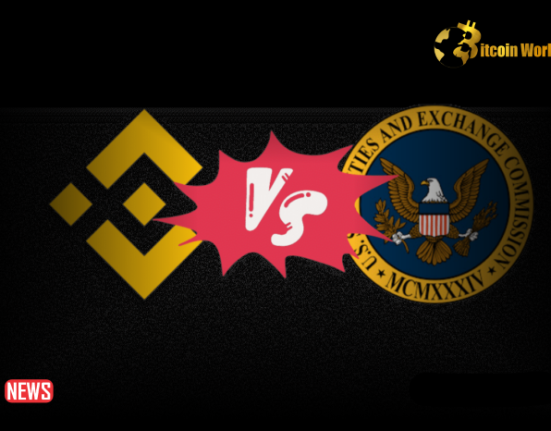Both the Securities and Exchange Commission (SEC) and Ripple Labs have asked a federal judge to rule quickly on whether Ripple’s XRP sales violated US securities laws.
Ripple and the SEC filed separate motions for summary judgment in the United States District Court for the Southern District of New York on September 17.
Summary judgements are filed with the courts when one of the parties believes there is enough evidence to render a decision without going to trial.
Both sides have asked Judge Analisa Torres to rule quickly on whether Ripple’s XRP sales breached US securities regulations. Ripple has claimed that the SEC has ran out of answers to prove that XRP sales constitute a “investment contract,” while the SEC has maintained that it does.
Ripple CEO Brad Garlinghouse stated on Twitter on September 17 that the filings demonstrated that the SEC “isn’t interested in applying the law.”
“They want to remake it all in an impermissible effort to expand their jurisdiction far beyond the authority granted to them by Congress,” he said.
Meanwhile, Ripple general counsel Stuart Alderoty stated that the SEC is “unable to find any contract for investment” and “cannot prove a single prong of the Supreme Court Howey test” after “two years of litigation.”
Ripple stated in its move for summary judgment that the SEC’s case “boils down to an impermissibly broad assertion of jurisdiction over any transfer of an asset.”
The motion also contended that because there were no contractual commitments between Ripple and XRP token holders, the SEC could not prove that XRP token holders could not “reasonably expect profits” based on Ripple’s efforts.
The SEC’s own move for summary judgment, on the other hand, contended that there can be a “investment contract” without a contract, any rights provided to the purchaser, and
The SEC, on the other hand, claimed in its own petition for summary judgment that a “investment contract” can exist without a contract, any rights provided to the purchaser, or any duties to the issuer.
However, Ripple stated in its motion that “that is not and should not be the law, because there is nothing to which the Howey test can sensibly be applied without these key qualities.”
Instead, Ripple cited earnings from “market forces of supply and demand,” which the SEC “agreed” to, according to the Ripple motion.
U.S. Attorney Jeremy Hogan underlined the significance of this admission in a Sept. 17 Twitter post, adding that “these concessions are appropriate for a summary judgment.”














